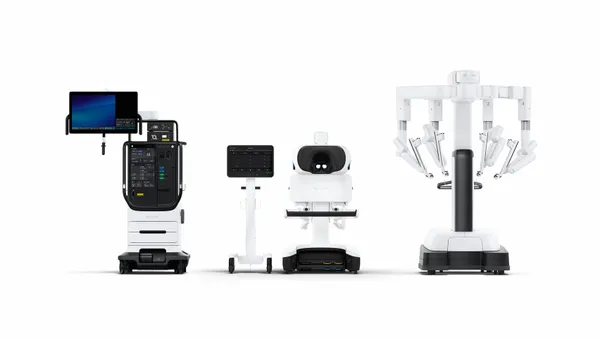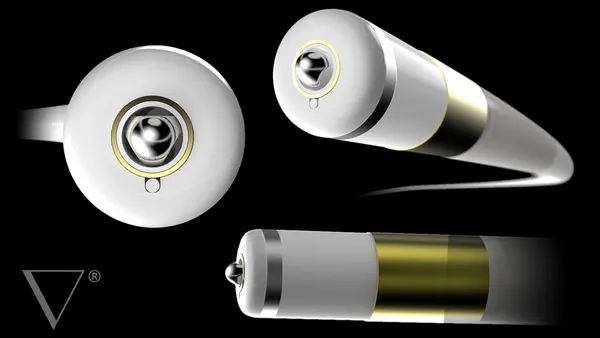Dive Brief:
- Zimmer Biomet's total sales declined 38% to approximately $1.23 billion during the second quarter, which management described as better than expected, and were good enough to beat Wall Street's much dimmer pandemic-adjusted expectations by roughly $308 million.
- With many of its industry peers already having reported springtime results, Zimmer Biomet's recovery narrative followed the refrain that May and June showed sequential improvement over April and management feels cautiously optimistic about rising patient demand and procedure volume. Still, the company did not share financial guidance for the rest of the year.
- Zimmer Biomet previously said 80% of its business depends on elective procedures. Execs on Tuesday valued the future revenues from its backlog of procedures between $700 million and $800 million.
Dive Insight:
While much of Zimmer Biomet's description of second quarter recovery into July was familiar, management did offer further color on the impact of coronavirus resurgence in certain U.S. states.
CFO Suky Upadhyay said over half of states are carrying out deferrable procedures at roughly pre-pandemic levels. Upadhyay noted that even in a hard-hit state like Texas, some of the counties most inundated by COVID-19 cases are operating 80% or more of elective surgeries. Likewise, heavily affected areas like Florida and Arizona are also seeing elective procedures in the 80% and 90% ranges.
And those not yet back-to-normal volumes in parts of the country may be offset by regions that saw coronavirus cases peak sooner; northeastern states like New York are in some cases operating at levels above 100% of pre-pandemic volumes as surgeons work through a backlog of patients.
After experiencing a 70% hit to total revenues in April, that figure improved to minus 13.5% come June, when adjusted to account for an additional selling day this year. Despite the 38% year-over-year hit to revenues when averaged across the quarter, Zimmer's net loss shrank by roughly $300 million compared to the first quarter. Upadhyay said operating expenses will ramp up in the second half of the year.
Even though Zimmer's key knees business declined 47% globally, worse than its hips business (down 31%) and its spine, extremities and trauma business (down 29%), it was a quarter of momentum for its Rosa robot system used in knee replacement procedures.
After receiving FDA clearance for Rosa Knee last year, which introduced competition to Stryker's Mako robot, Zimmer Biomet CEO Bryan Hanson said there are now 150 of the systems placed worldwide. Further, "we'll be very disappointed" if there aren't 200 or 300 in the market by year's end, Hanson said. Those placements put Rosa robots on pace to do more than 3,000 cases per quarter, more than double the volume during the fourth quarter of 2019, he added.
Although competitor Stryker last week said the expansion of its Mako robot during the pandemic has been a "pleasant surprise," the company did not disclose the number of robots it placed during the quarter. Hanson said that the trend seen by both Zimmer and its competitor are telling that "the demand for robotics is real" and "penetration is low."
"We were very concerned out of the gate that we wouldn't bet getting paid by hospitals, let alone getting this kind of traction," Hanson said. But perhaps with the help of government stimulus, "our receivables never really got significantly damaged throughout this."













